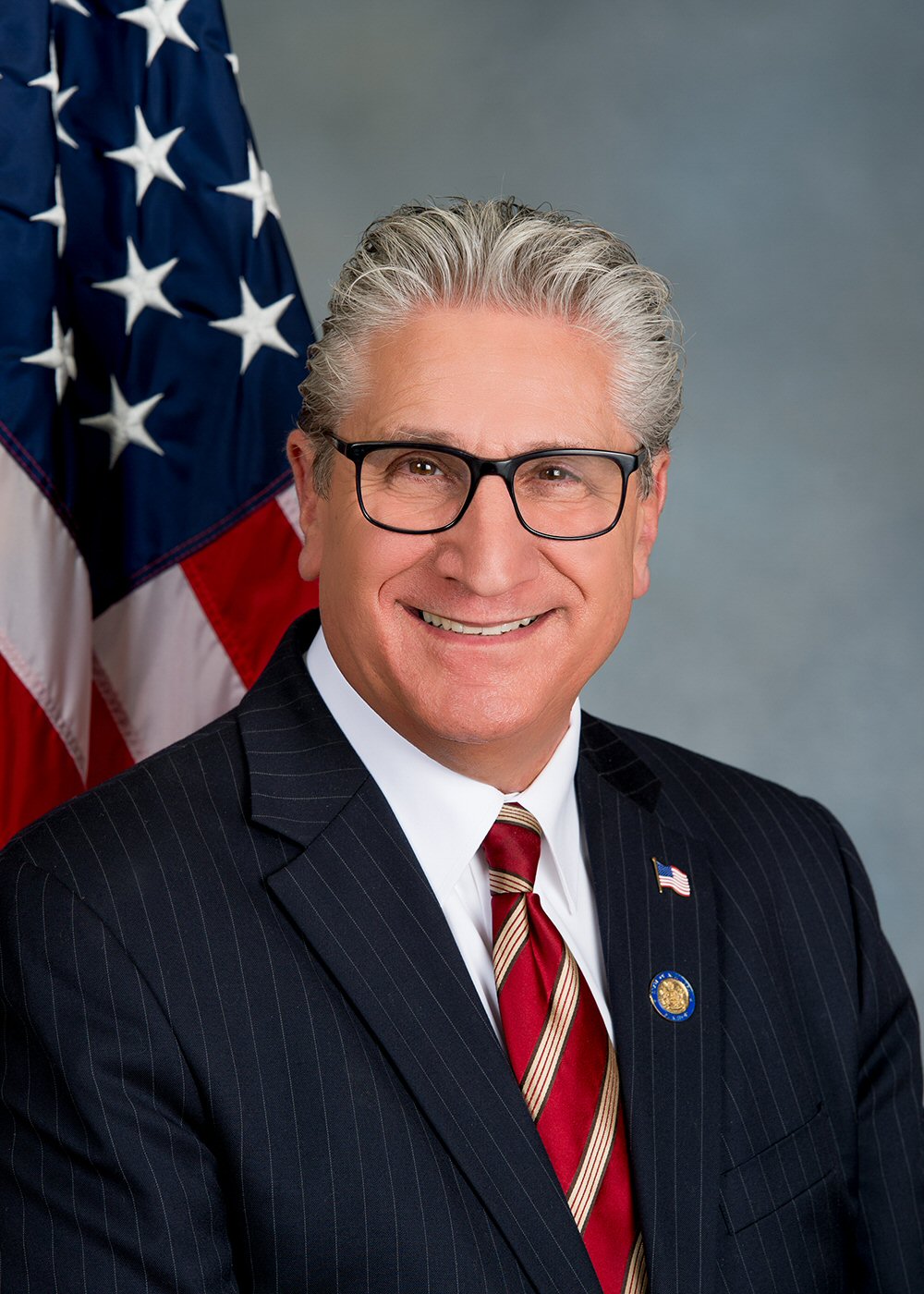S T A T E O F N E W Y O R K
________________________________________________________________________
4036
2017-2018 Regular Sessions
I N S E N A T E
February 2, 2017
___________
Introduced by Sen. TEDISCO -- read twice and ordered printed, and when
printed to be committed to the Committee on Codes
AN ACT to amend the penal law, in relation to sentencing of persistent
violent felony offenders; and to repeal subdivision 3 of section 70.08
of such law relating to minimum periods of imprisonment for persistent
violent felony offenders
THE PEOPLE OF THE STATE OF NEW YORK, REPRESENTED IN SENATE AND ASSEM-
BLY, DO ENACT AS FOLLOWS:
Section 1. Subdivision 5 of section 70.00 of the penal law, as amended
by chapter 482 of the laws of 2009, is amended to read as follows:
5. Life imprisonment without parole. Notwithstanding any other
provision of law, a defendant sentenced to life imprisonment without
parole shall not be or become eligible for parole or conditional
release. For purposes of commitment and custody, other than parole and
conditional release, such sentence shall be deemed to be an indetermi-
nate sentence. A defendant may be sentenced to life imprisonment with-
out parole, IN ACCORDANCE WITH THE PROCEDURES PROVIDED BY LAW FOR IMPOS-
ING SUCH A SENTENCE, EITHER: (A) upon conviction for the crime of murder
in the first degree as defined in section 125.27 of this chapter [and in
accordance with the procedures provided by law for imposing a sentence
for such crime]; OR (B) UPON CONVICTION OF A VIOLENT FELONY OFFENSE AS
DEFINED IN SUBDIVISION ONE OF SECTION 70.02 OF THIS ARTICLE WHEN SUCH
DEFENDANT HAS PREVIOUSLY BEEN SUBJECTED TO TWO OR MORE PREDICATE VIOLENT
FELONY CONVICTIONS AS DEFINED IN PARAGRAPH (B) OF SUBDIVISION ONE OF
SECTION 70.04 OF THIS ARTICLE. A defendant must be sentenced to life
imprisonment without parole upon conviction for the crime of terrorism
as defined in section 490.25 of this chapter, where the specified
offense the defendant committed is a class A-I felony; the crime of
criminal possession of a chemical weapon or biological weapon in the
first degree as defined in section 490.45 of this chapter; or the crime
of criminal use of a chemical weapon or biological weapon in the first
EXPLANATION--Matter in ITALICS (underscored) is new; matter in brackets
[ ] is old law to be omitted.
LBD06387-01-7
S. 4036 2
degree as defined in section 490.55 of this chapter; provided, however,
that nothing in this subdivision shall preclude or prevent a sentence of
death when the defendant is also convicted of the crime of murder in the
first degree as defined in section 125.27 of this chapter, OR IS ALSO
CONVICTED OF A VIOLENT FELONY OFFENSE AS DEFINED IN SUBDIVISION ONE OF
SECTION 70.02 OF THIS ARTICLE WHEN SUCH DEFENDANT HAS PREVIOUSLY BEEN
SUBJECTED TO TWO OR MORE PREDICATE VIOLENT FELONY CONVICTIONS AS DEFINED
IN PARAGRAPH (B) OF SUBDIVISION ONE OF SECTION 70.04 OF THIS ARTICLE. A
defendant must be sentenced to life imprisonment without parole upon
conviction for the crime of murder in the second degree as defined in
subdivision five of section 125.25 of this chapter or for the crime of
aggravated murder as defined in subdivision one of section 125.26 of
this chapter. A defendant may be sentenced to life imprisonment without
parole upon conviction for the crime of aggravated murder as defined in
subdivision two of section 125.26 of this chapter.
§ 2. Subdivision 2 of section 70.08 of the penal law, as added by
chapter 481 of the laws of 1978, is amended to read as follows:
2. Authorized sentence. When the court has found, pursuant to the
provisions of the criminal procedure law, that a person is a persistent
violent felony offender the court must impose [an indeterminate sentence
of imprisonment, the maximum term of which shall be life imprisonment.
The minimum period of imprisonment under such sentence must be in
accordance with subdivision three of this section] A SENTENCE OF LIFE
IMPRISONMENT WITHOUT PAROLE PURSUANT TO SECTION 70.00 OF THIS ARTICLE.
§ 3. Subdivision 3 of section 70.08 of the penal law is REPEALED.
§ 4. This act shall take effect on the ninetieth day after it shall
have become a law.
